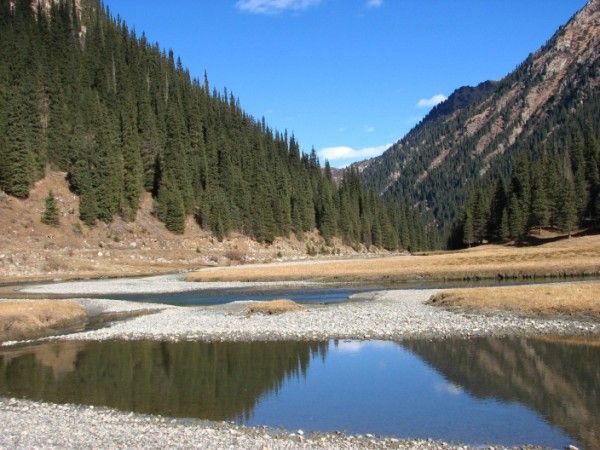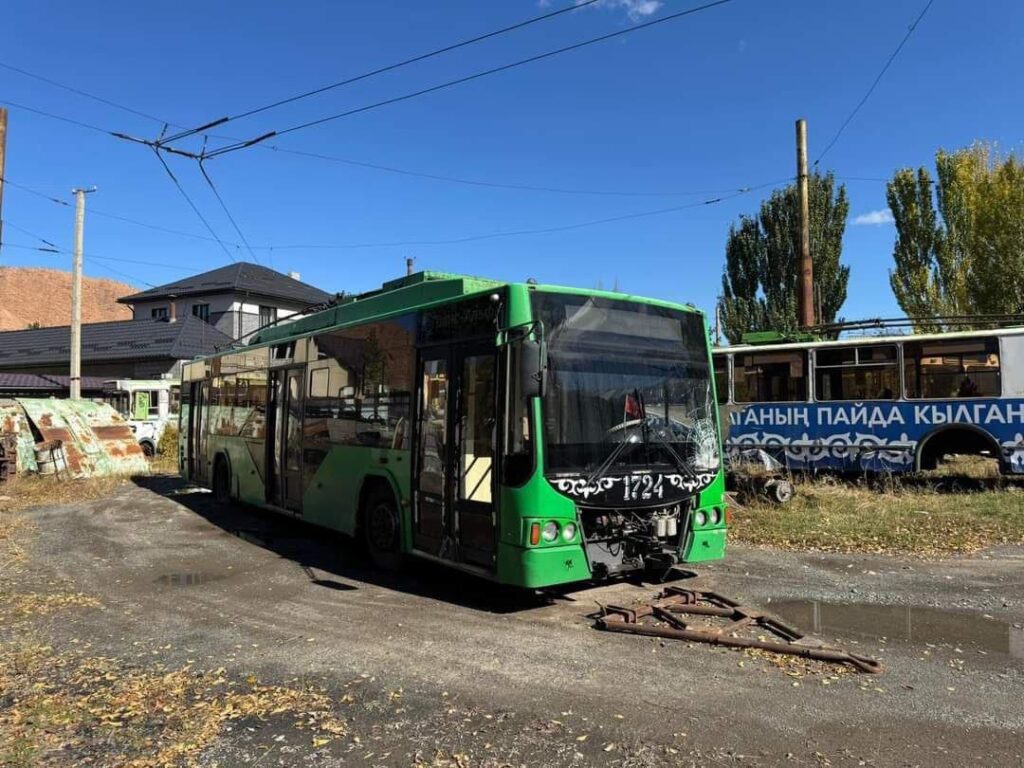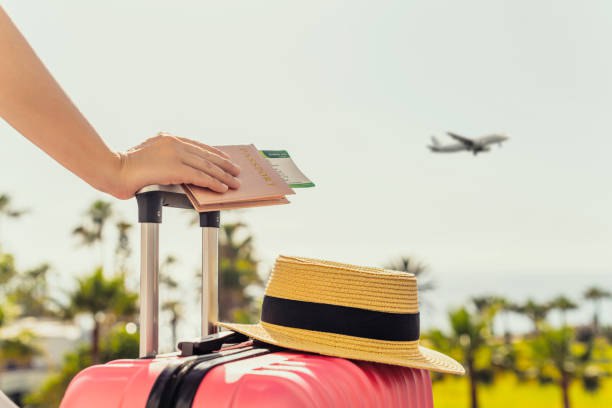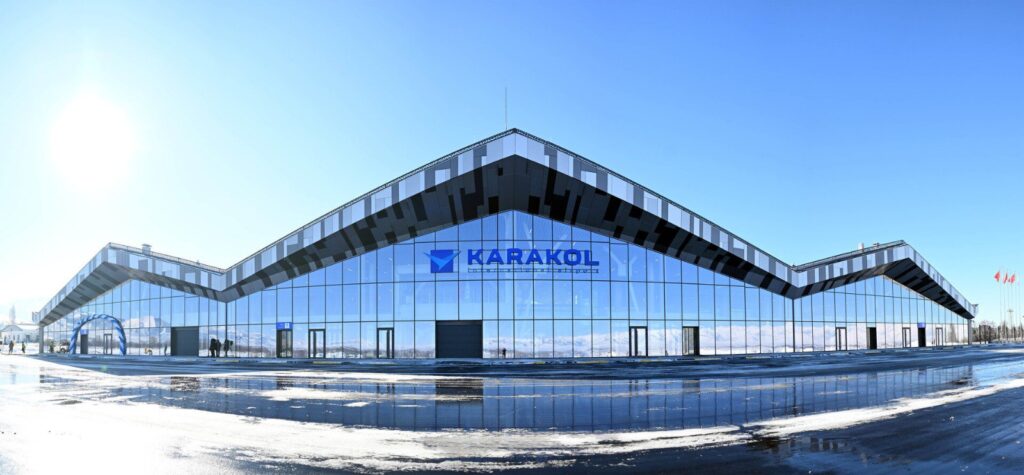BISHKEK (TCA) — The World Nomad Games were named the most memorable event of 2016 in Kyrgyzstan according to a readers’ poll conducted by local media. Kyrgyzstan surprised the world with this amazing project, Kyrgyz President Almazbek Atambayev said at his year-end press conference, adding that “now we are known as a cohesive multi-ethnic nation that honors its traditions”.
World Nomad Games
The Games held at the Issyk-Kul Lake from September 3 to 8, 2016, provided participants and audiences from around the world with new opportunities to explore Kyrgyzstan, its rich nature, ancient and unique culture, and hospitable multiethnic people.
The UN General Assembly session on December 22, 2016 included the World Nomad Games in the substantial part of the UN resolution “On the promotion of interreligious and intercultural dialogue, understanding and cooperation for peace.”
There were also opponents of the Games who said that it was not necessary to organize such high-cost event while the economic situation in the country is far from prosperous. However, the organizers said the Games were financed mainly by sponsors.
Cableway from Almaty to Issyk-Kul
Each year, about two million tourists visit the Issyk-Kul Lake and half of them are from Kazakhstan. For Kazakhstanis, Issyk-Kul is close and they need no visas to visit Kyrgyzstan.
Tourists from Almaty can reach the Tamchi airport at Issyk-Kul in half an hour by plane. A road trip takes about nine hours by car or bus.
A cableway project from Almaty to Issyk-Kul was recently presented in Almaty, Kazakh media reported. The 60 km long cableway through the alpine ranges would reduce travel time from Almaty to Issyk-Kul to 2.5-3 hours, which will make trips to Issyk-Kul a weekend route.
The project of a short route connecting Almaty and the city of Cholpon-Ata at Issyk-Kul was awarded a Best Project Diploma of the Union of Architects of Kazakhstan.
The project authors proposed to build the cableway between Almaty, Issyk-Kul and two ski and tourist resorts located on the northern slopes of the Trans-Ili Alatau mountains in Kazakhstan and Kungey Ala-Too in Kyrgyzstan.
The governor of the Issyk-Kul province Askhat Akibaev believes that the proposed cableway would be a wonderful project for both countries, but it is too early to discuss its implementation.
Ratings
Kyrgyzstan has been ranked second among the 21 Best Budget Travel Destinations for 2017, following North Vietnam, according to Forbes.
“With 93 percent of the nation covered in mountains and a rich history and culture that goes back thousands of years, Kyrgyzstan is one of the most spectacular and underrated countries in the world. The capital city, Bishkek, is an incredible hub for exploring Central Asia, with Silk Road remnants like the Burana Tower just a short drive away and some incredible trekking opportunities in the surrounding mountains,” the Forbes wrote.
Kyrgyzstan is surprisingly affordable for budget travelers. According to the magazine, private accommodation in the city can be found for as little as $15 a night and good meals start from around $2. “Even a traditional yurt stay with two meals can be as cheap as $20 per person.”
Travel risks
Experts of the International SOS and Control Risks company published a Travel Risk Map 2017 to help organizations better understand the risks in the markets where they operate and travel. The Map shows the risk rating in terms of medicine and security.
Countries and regional travel security risks are rated ‘Extreme’, ‘High’, ‘Medium’, ‘Low’, or ‘Insignificant’.
Kyrgyzstan is in the “medium” category in the regional travel security risks. Periodic political unrest, violent protests, insurgency and/or sporadic acts of terrorism occur. Travelers and international assignees may face risk from communal, sectarian or racial violence and violent crime. Capacity of security and emergency services and infrastructure varies. Industrial action can disrupt travel, according to the Map.
According to medical risk rating, Kyrgyzstan is in the category of countries with a high level of risk. Key emergency services and dental care are available, but specialist care is limited, the report says. Access to quality prescription drugs may be limited and, in some cases, counterfeiting and/or improper storage of drugs is an issue. Serious infectious diseases such as typhoid, cholera, dengue fever and malaria may pose a threat.
In road safety, Kyrgyzstan is in the high-risk group. Road use poses a real danger and caution should be exercised when using the roads. It is likely that weak policy and low levels of enforcement contribute to poor road user behavior. Infrastructure and vehicle safety standards may vary dramatically, the report says.









